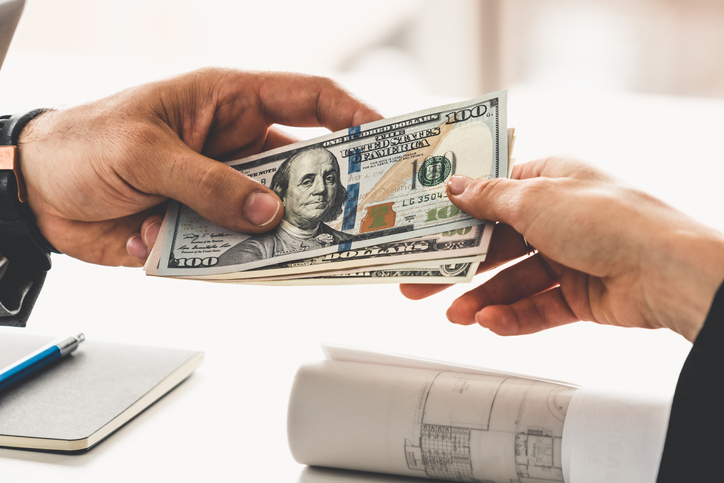What is the Average Rate for Payday Loans in Each State?
Payday loans serve as a quick financial solution for many facing unexpected expenses or cash shortages between paychecks. However, these short-term loans often come with high-interest rates, making it crucial to assess your repayment ability before borrowing.
Let’s delve into the average rates for payday loans in each state and important considerations to make before applying for an emergency cash loan.
Can I Afford A Payday Loan?
Payday loans are short-term loans typically designed to be repaid on the borrower’s next payday. While they offer same day access to funds, borrowers should exercise caution due to the high costs associated with these loans. It’s essential to borrow only what you can afford to repay and to be confident in your ability to meet the repayment terms.
Average Payday Loan Rates by State
States like Iowa and Florida have implemented stringent regulations on payday loans, limiting the number of loans allowed and imposing caps on interest rates. In contrast, states like Idaho and Utah have more relaxed laws, allowing higher borrowing costs.
Here’s a breakdown of the average rates for borrowing $500 or the maximum loan allowed for four months in each state:
| State | Average APR Charged |
| Colorado | 114% |
| Ohio | 124% |
| Virginia | 126% |
| Hawaii | 144% |
| Washington | 126% |
| Oregon | 140% |
| Minnesota | 163% |
| Oklahoma | 183% |
| Maine | 239% |
| Wyoming | 235% |
| Rhode Island | 261% |
| Florida | 281% |
| Mississippi | 282% |
| Alabama | 312% |
| Iowa | 322% |
| Delaware | 334% |
| Wisconsin | 338% |
| Michigan | 342% |
| Indiana | 349% |
| North Dakota | 354% |
| California | 361% |
| Missouri | 377% |
| Kansas | 391% |
| South Carolina | 393% |
| Louisiana | 405% |
| Alaska | 417% |
| Tennessee | 460% |
| Kentucky | 464% |
| Texas | 527% |
| Utah | 554% |
| Nevada | 602% |
| Idaho | 652% |
It’s important to note that these figures represent averages, and actual rates may vary based on individual circumstances and state legislation. Borrowers should carefully consider the terms and costs associated with payday loans before making borrowing decisions. Always prioritize responsible borrowing practices to avoid financial hardship in the future.
Am I Eligible For a Payday Loan?
To be eligible for a payday loan typically involves meeting certain criteria set by lenders. While requirements may vary slightly depending on the lender and state regulations, common eligibility criteria include:
- being at least 18 years old,
- having a steady source of income (such as employment or benefits)
- having a valid checking account.
Some lenders may also conduct a credit check or verify income and employment status (it is possible to find options for no credit check loans). Additionally, borrowers must provide personal identification, such as a driver’s license or state ID, and proof of residency.
It’s important to review the specific eligibility requirements outlined by the lender before applying for a payday loan to increase your chances of approval and avoid disappointment.
What Happens If I Cannot Repay My Payday Loans?
Failing to repay a payday loan on time can have severe consequences, including:
Damage to Credit Score: Defaulting on a payday loan can negatively impact your credit score, making it harder to secure future loans or credit cards. Lenders may report late payments or defaults to credit bureaus, leading to a bad credit score.
Late Fees: Most payday lenders charge late fees for missed payments, further increasing the overall cost of the loan. These fees can quickly add up, making it even more challenging to repay the loan.
Difficulty Securing Future Loans: Defaulting on a payday loan can make it difficult to secure future loans from traditional lenders. Lenders may view you as a high-risk borrower, leading to rejections or higher interest rates on future loan applications.







